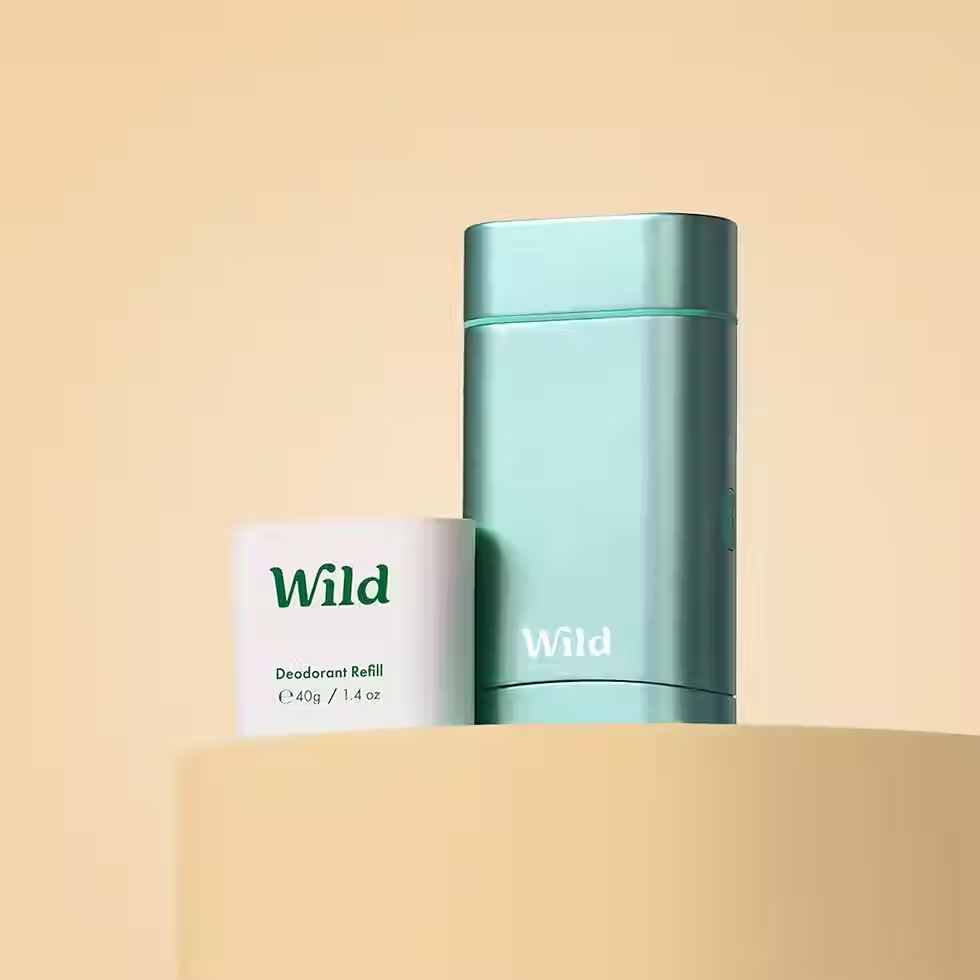Lush
brand rating & evaluation
overall rating:
Conscious
Our ratings are based on a scale from 1 (Avoid) to 5 (Top Choice). See How We Rate
The Shifting Gaia rating evaluates brands based on sustainable practices, ingredients and materials, and social responsibility, among others. Below are a few factors influencing this brand's score:
certifications:
learn more about these certifications*
overview
sustainability
non-toxic
social responsibility
coming
coming
coming
about
Lush Cosmetics is a UK-founded beauty brand known for its ethical and cruelty-free approach, and particularly well known for its "naked packaging".
highlights
coming soon!
sustainability

score:
coming
details:
Lush has a “Refuse, Reduce, Reuse, Recycle” packaging strategy. About 35-50% of Lush’s products are sold without any packaging (like their solid shampoo bars and soaps), which significantly reduces single-use waste. For products that require packaging, Lush uses 100% post-consumer recycled plastic in their black pots and offers a return-and-recycle program where customers receive a free product when they return five pots. Lush also sources recycled paper, aluminum, and biodegradable Eco Pops (packing peanuts) for their gift wrapping and shipping materials.
Though they have a recycling program and use post-consumer recycled plastic, their reliance on plastic packaging, combined with a lack of certifications limits their environmental impact credibility.
Lush has made some strides in renewable energy and reducing emissions. They aim to remove fossil fuels entirely from operations by 2030 and use renewable energy in stores and factories where feasible. Lush advocates for reduced water use by creating solid products that require less water to produce.
Despite these initiatives, Lush doesn’t yet achieve a fully closed-loop or zero-waste system and faces challenges in eliminating certain waste streams.
Additionally, their use of palm oil derivatives in many products is of great concern. Palm oil harvesting is thought to account for roughly half of all tropical rainforest deforestation and is therefor also a major threat to biodiversity.
non-toxic

score:
coming
details:
Lush emphasizes natural ingredients, but many of their products contain synthetic preservatives (like parabens), sulfates, and synthetic fragrances, which are not fully disclosed in terms of potential allergens or irritants.
While synthetic ingredients can stabilize natural products, these particular additives don’t align with non-toxic or clean beauty standards, and the lack of third-party certifications weakens their commitment to ingredient transparency. For a brand that markets itself as natural, this reliance on synthetic chemicals raises greenwashing concerns.
With that being said, the brand claims that over 70% of their product line is self-preserving, which reduces the need for synthetic preservatives. The brand is transparent about its ingredient sourcing, favoring fresh fruits, vegetables, and safe synthetics when necessary.
social responsibility

score:
coming
details:
Lush takes commendable steps in social responsibility, particularly through its Charity Pot program and partnerships with organizations supporting environmental and social causes. They are also certified Leaping Bunny for cruelty-free practices, which aligns with their stance against animal testing.
However, the absence of fair trade or labor certifications to validate claims of ethical sourcing—especially for ingredients like palm oil—creates a gap in social responsibility, and more transparency about labor standards and supplier conditions would improve their profile.












